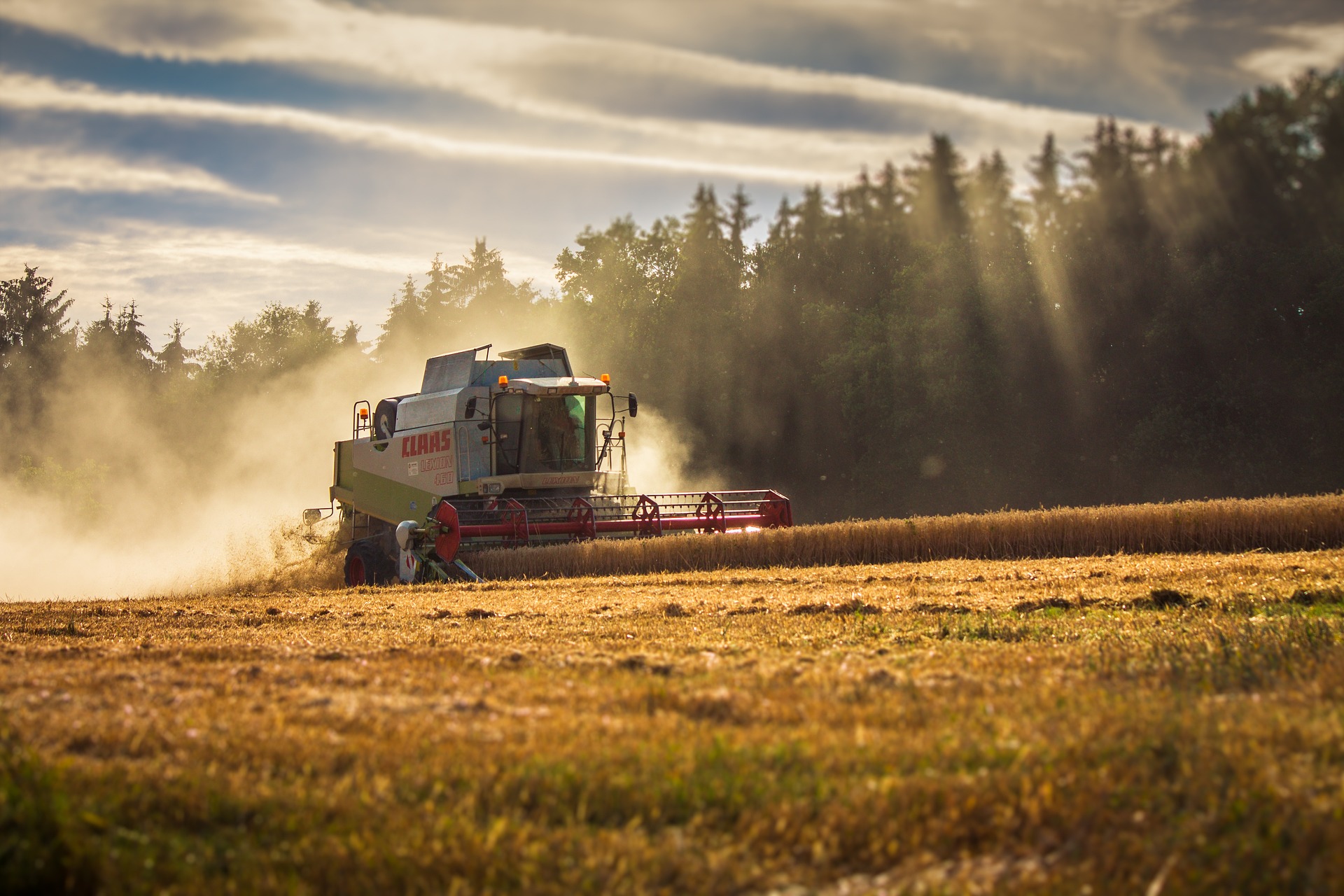
For this third article in our series devoted to the specificities of rural leases, we have chosen to talk to you about farm rent: how it is calculated, its annual revision and the assumption of property taxes.

The rent for agricultural land and buildings is not freely fixed between the parties. It is governed by minimum and maximum amounts set at the level of each department by a prefectoral decree (Article L411-11 of the Rural Code).
This order is updated each year after publication of the national farm index. Another prefectoral decree details the methods for calculating the rent according to criteria for each parcel.
Even if in practice the parties do not refer much to this document to set the amount of the rent, it is the document that will apply in case of conflict between the parties.
In fact, the farmer may, during the third year of the lease, request a revision of the rent if he considers that it is at least 10% higher than the normal amount that should apply.
It should also be noted that the amount of the rent for agricultural buildings and for a dwelling house are also defined by prefectural decree.
You can refer to our article on calculating the amount of rent.
The landlord is responsible for the property taxes. However, the landowner can ask for a partial reimbursement from the tenant. The only prohibition is that the farmer must pay the full amount of the rent.
pay the full amount of the rent.
In the absence of an agreement between the parties, the rural code provides for a reimbursement of 20% of the municipal and inter-municipal tax, 50% of the Chamber of Agriculture fees and 8% of the management fees.
Finally, it should be noted that the owner may be granted a reduction in property tax on their tax notice. These rebates must benefit the lessee and not the lessor. The landlord must therefore deduct these amounts from the total rent due by the tenant.
This last provision is often a source of conflict between lessee and lessor, as the latter considers that this aid should be his.
The rent is revalued each year according to an index set at national level. This index applies to rent revisions due as of 1 October of the year.
Author's note: The information we present is purely informative and pedagogical and cannot replace an analysis carried out by a professional in rural law. In case of conflict, difficulty, etc., we invite you to contact one of these professionals (lawyers, notaries, rural law experts, etc.).